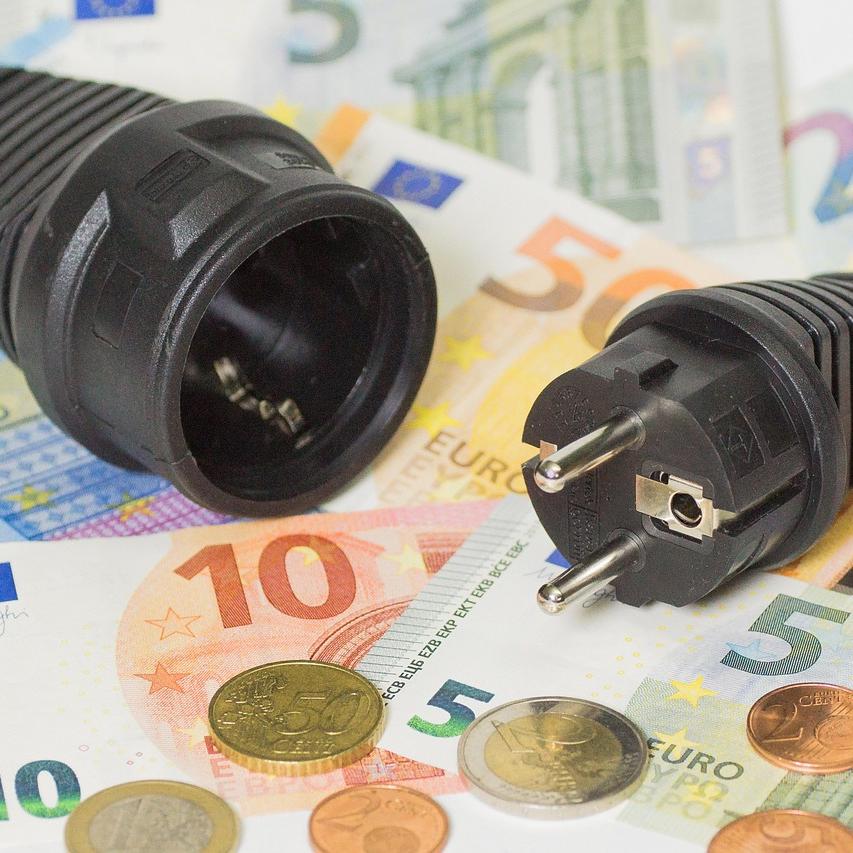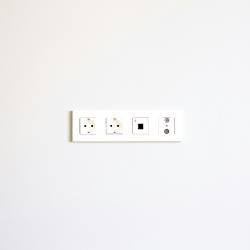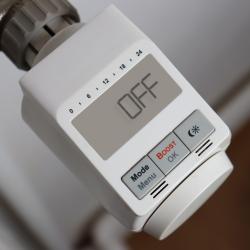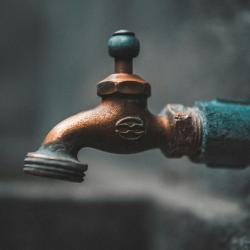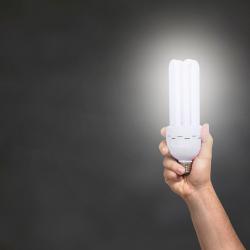Energy-Saving Tips to Reduce Utility Costs
In today's world, energy efficiency is not just an environmental concern but also an essential strategy for reducing household expenses. As utility costs continue to rise, finding ways to conserve energy can help you save a significant amount on your monthly bills. Here’s a comprehensive guide to help you make your home more energy-efficient and reduce those daunting utility costs.
1. Conduct an Energy Audit
The first step to reducing energy consumption is understanding how and where you're using it. An energy audit, performed by a professional or done through a DIY approach, can identify areas in your home that require energy efficiency improvements. Look for drafts, inspect insulation, check the efficiency of heating and cooling systems, and evaluate lighting.
2. Upgrade to Energy-Efficient Appliances
Old appliances, while serving you well for years, may be guzzling more energy than necessary. Consider upgrading to energy-efficient models that carry the Energy Star label. These certified appliances use significantly less energy than their traditional counterparts without compromising on performance.
3. Optimize Heating and Cooling
Heating and cooling make up a considerable portion of utility costs. To cut down these expenses, ensure your home is well insulated to prevent heat loss in the winter and keep cool air inside during the summer. Use programmable thermostats to automatically adjust the temperature when you’re asleep or away from home.
4. Install LED Lighting
Lighting might seem like a minor aspect, but it accounts for a substantial part of electricity consumption. Switching from incandescent bulbs to LED lighting can lead to significant savings as LEDs use about 75% less energy and last up to 25 times longer.
5. Seal Leaks
Drafts from windows, doors, and other openings can lead to significant energy loss. Sealing cracks and leaks with weather stripping or caulk can make a remarkable difference in retaining heated or cooled air inside your home.
6. Use Energy Wisely
Simple behavioral changes can contribute significantly to reducing energy bills. Turn off lights when not in use, unplug devices that aren’t being used, use cold water for washing clothes, and run dishwashers and washing machines only with full loads.
7. Explore Renewable Energy Options
Investing in renewable energy sources, like solar panels, can drastically reduce utility costs in the long run. While the initial investment is substantial, various government incentives and the long-term savings make solar energy a wise financial and environmental choice.
8. Consider Smart Home Technology
Smart home devices like smart thermostats, energy-efficient light switches, and smart power strips can automate and optimize the way you use energy. These technologies can help you monitor and reduce energy consumption with ease.
9. Maintain Equipment Regularly
Regular maintenance ensures that all your home systems are running efficiently. Clean or replace AC and furnace filters regularly, have your heating and cooling systems checked annually, and ensure that appliances are in top working condition.
10. Educate Your Household
Changing the energy consumption habits of everyone in your household can lead the way to significant savings. Educate family members about the benefits of energy conservation and encourage practices that support your goals, like shorter showers and unplugging devices when not in use.
Conclusion
Reducing utility costs requires a combination of strategic investments and behavioral changes. Whether you're replacing old appliances, sealing drafts, or adopting renewable energy, every step adds up to create a more energy-efficient home. Embracing these energy-saving tips not only minimizes your utility expenses but also contributes to a more sustainable and environmentally friendly lifestyle.
